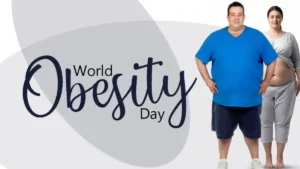The ITIA (International Tennis Integrity Agency) has taken decisive action against two-time Grand Slam champion Simona Halep, handing her a four-year ban from professional tennis due to violations of the sport’s anti-doping program. This move follows Halep’s positive test for Roxadustat at the US Open last year, which led to her provisional suspension.
The Integrity Agency stated that Halep had committed “intentional anti-doping violations,” a conclusion supported by the analysis of 51 blood samples collected as part of the Athlete Biological Passport (ABP) program.
Provisional Suspension and Lengthy Delay
Halep’s ordeal began with her provisional suspension in October of the previous year. The Romanian tennis star’s hearing was repeatedly delayed, further fueling speculation and anxiety surrounding her case. In the interim, Halep turned to social media to voice her dissatisfaction with the ITIA’s handling of her situation and urged the authorities to expedite the verdict announcement.
Halep’s Future and Potential Appeal
With her four-year ban, Simona Halep is ineligible to compete in professional tennis until October 2026, assuming the ruling remains unchallenged. However, there is still a glimmer of hope for Halep. She has the option to appeal the decision and plans to take her case to the Court of Arbitration for Sport (CAS).
Simona Halep’s Testing History and Dietary Supplements Adjustments
Simona Halep highlighted that she underwent regular testing in the early part of 2023, and all these tests yielded negative results. Halep also disclosed that her dietary supplements were modified based on the recommendations of her trusted team and physiotherapist in preparation for the 2022 hard court season. Notably, none of the listed ingredients in these supplements were found to contain prohibited substances; however, one of them was discovered to be tainted with Roxadustat.
Key takeaways for competitive examinations
- CEO of the ITIA (International Tennis Integrity Agency): Karen Moorhouse




 Scotland Legalises Water Cremation: Firs...
Scotland Legalises Water Cremation: Firs...
 National Safety Day 2026: Why March 4 Ma...
National Safety Day 2026: Why March 4 Ma...
 World Obesity Day 2026: 8 Billion Reason...
World Obesity Day 2026: 8 Billion Reason...








